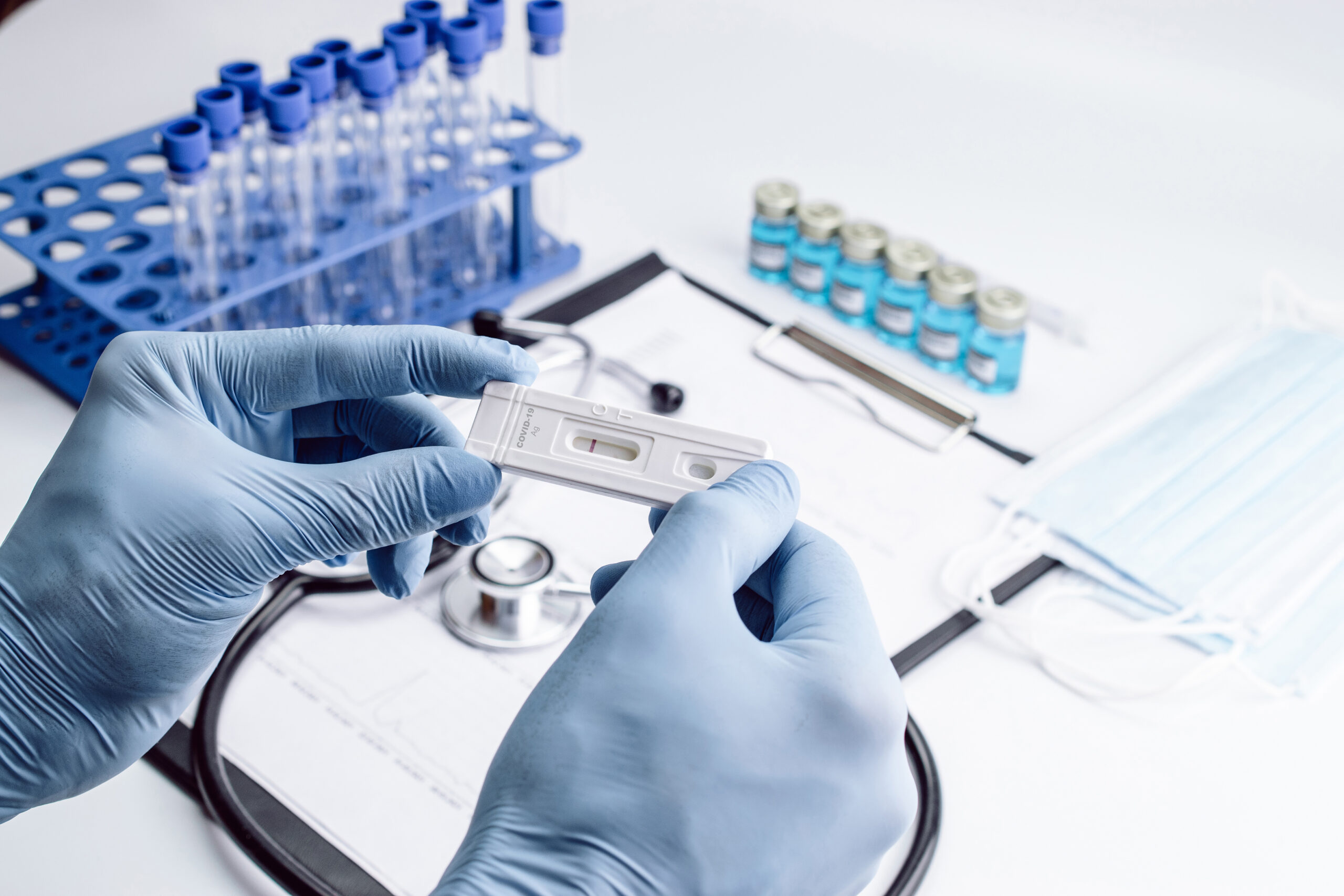In the vast landscape of healthcare, laboratory testing serves as the cornerstone for diagnosing and managing medical conditions. However, behind the scenes, there exists a framework of regulations ensuring the reliability and quality of these diagnostic procedures. One crucial aspect of this regulatory framework in the United States is the Clinical Laboratory Improvement Amendments (CLIA) waivers.
Enacted by the U.S. Congress in 1988, CLIA is designed to ensure quality laboratory testing. Its primary goal is to ensure that all clinical laboratory testing performed on humans is accurate, reliable, and timely. However, not all laboratory tests are subject to the same level of regulatory scrutiny. CLIA waivers provide an exemption for certain low-complexity tests from stringent regulatory requirements.
CLIA waivers play a vital role in facilitating access to rapid and point-of-care testing. These tests are typically simple to perform and interpret, making them suitable for use outside traditional laboratory settings, such as physician offices, clinics, pharmacies, and even at-home testing kits. By exempting these tests from more rigorous regulatory requirements, CLIA waivers streamline the process for healthcare providers to offer timely diagnostic information to patients.
To qualify for a CLIA waiver, a laboratory test must meet specific criteria outlined by the Centers for Medicare & Medicaid Services (CMS). Some key criteria include:
- Low Complexity: The test must be simple to perform and have a low risk of erroneous results.
- Clear and Simple Procedures: Instructions for performing the test must be straightforward, allowing non-laboratory personnel to conduct the test accurately.
- Waived Test Category: The test must fall into a category designated by the CMS as eligible for a waiver.
- Minimal Risk to Patients: The test must pose minimal risk to the patient if performed incorrectly.
CLIA-waived tests encompass a wide range of diagnostic assays, including:
- Rapid Strep Tests: Used to diagnose streptococcal pharyngitis (strep throat).
- Pregnancy Tests: Detect the presence of human chorionic gonadotropin (hCG) in urine or serum.
- Glucose Monitoring: Devices used for monitoring blood glucose levels in diabetic patients.
- Influenza Tests: Rapid tests for the detection of influenza viruses.
- Urinalysis Strips: Used for detecting various substances in urine, such as glucose, protein, and blood.
CLIA waivers offer several benefits, including improved access to testing, faster results, and increased convenience for patients and healthcare providers alike. However, there are also challenges associated with CLIA-waived tests, such as the potential for user error, limited test accuracy compared to more complex assays, and the need for proper training and quality control measures to ensure reliability.
In the realm of healthcare, CLIA waivers serve as a vital mechanism for balancing regulatory oversight with accessibility and convenience. By exempting certain low-complexity tests from stringent regulatory requirements, CLIA waivers facilitate the widespread availability of diagnostic testing, ultimately benefiting patient care. However, it is essential for healthcare providers to exercise diligence and adhere to quality control measures to ensure the reliability and accuracy of CLIA-waived tests.
If you need support navigating CLIA waivers and the regulatory landscape for your diagnostic test product, the experts at EMMA International can help! Contact us today by calling 248-987-4497 or emailing info@emmainternational.com.
CMS (March 2019) How to obtain a CLIA Certificate of Waiver retrieved from: https://www.cms.gov/regulations-and-guidance/legislation/clia/downloads/howobtaincertificateofwaiver.pdf





